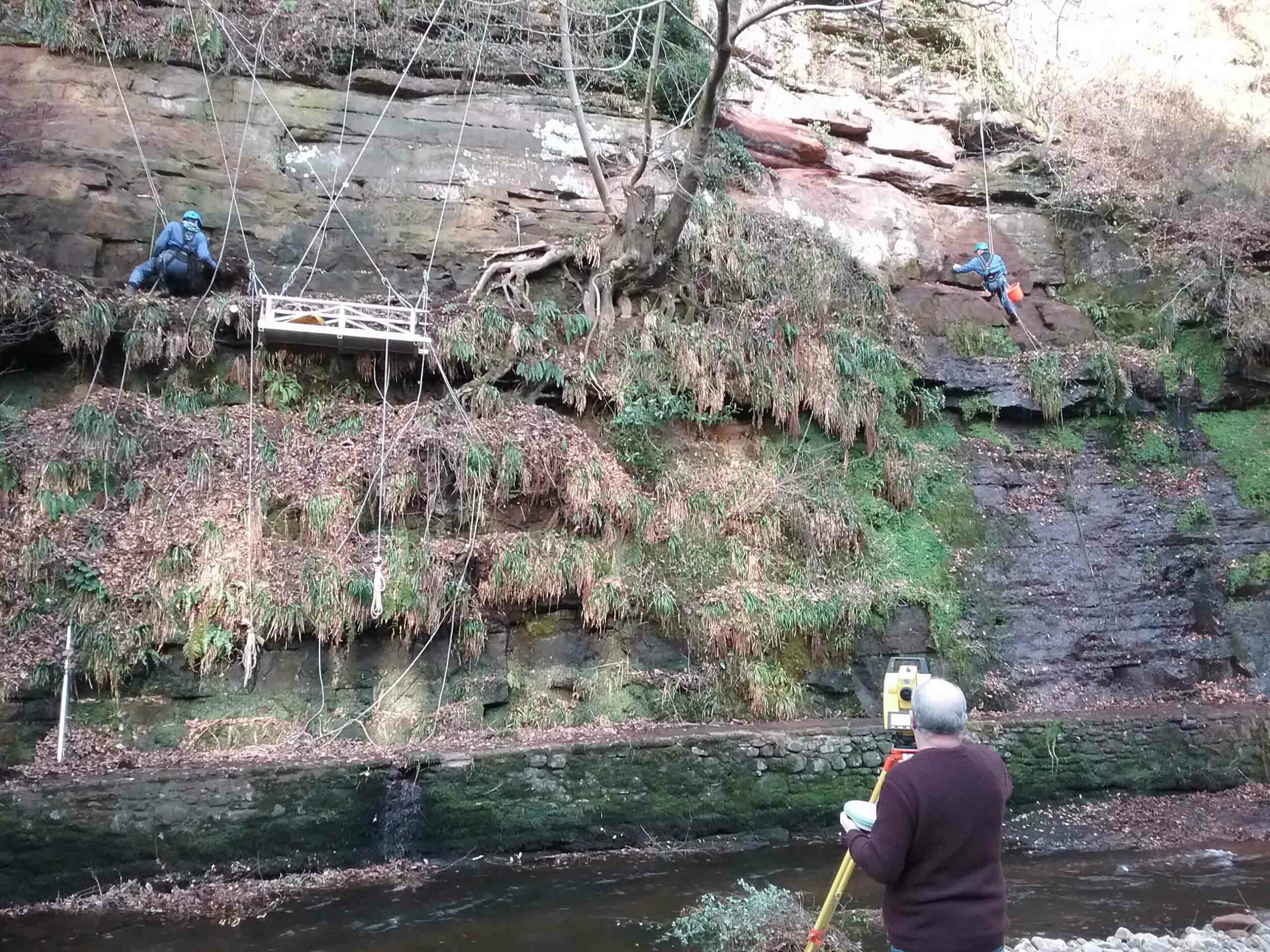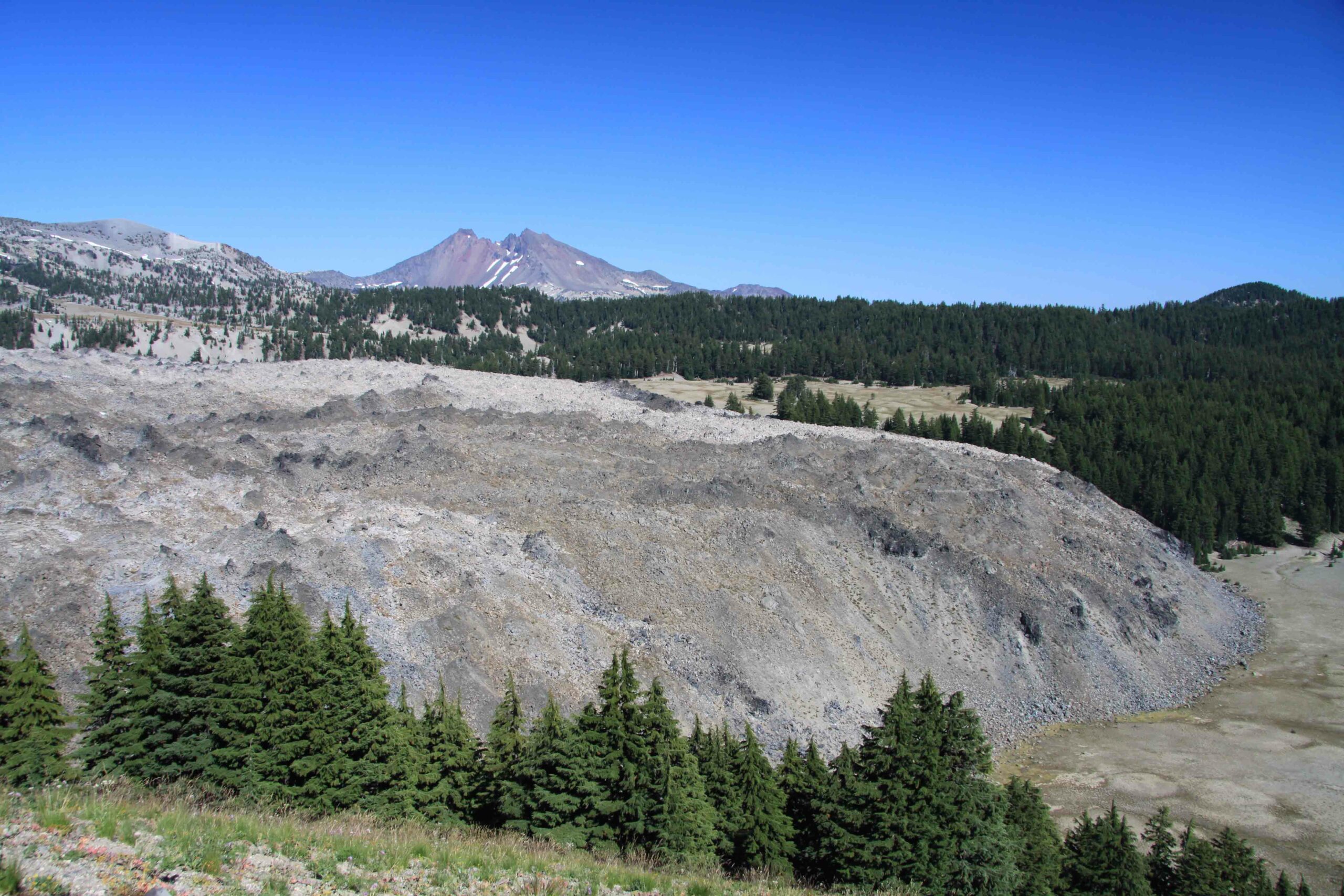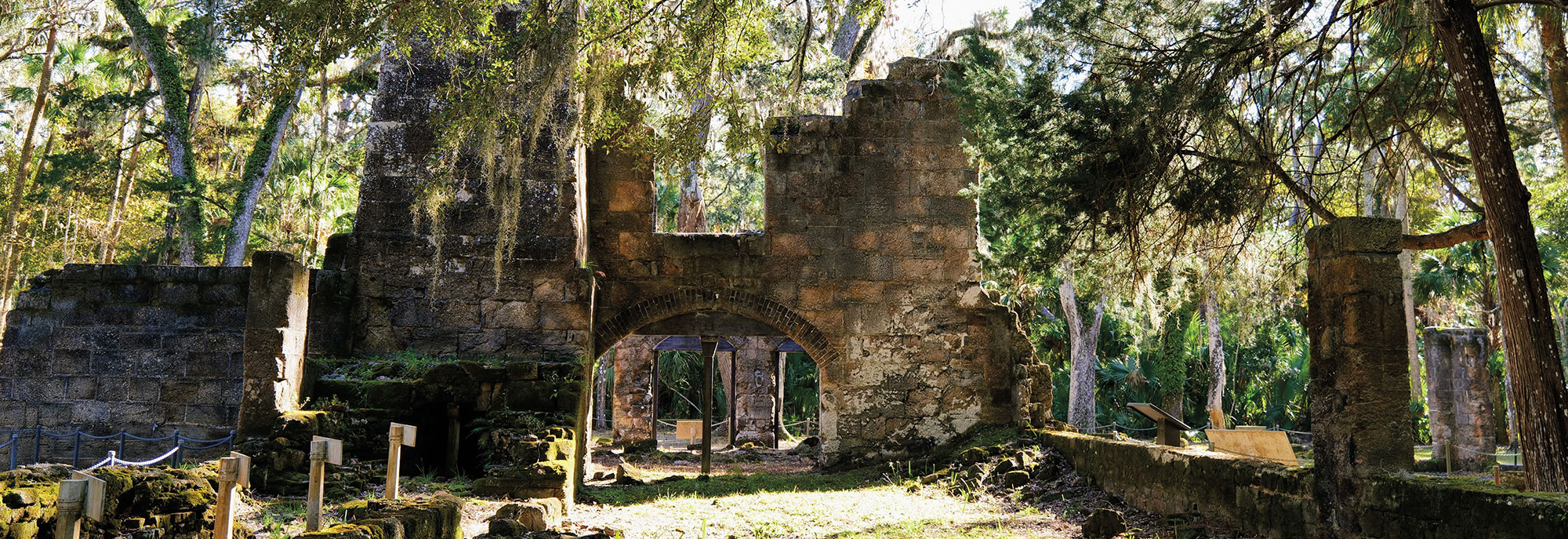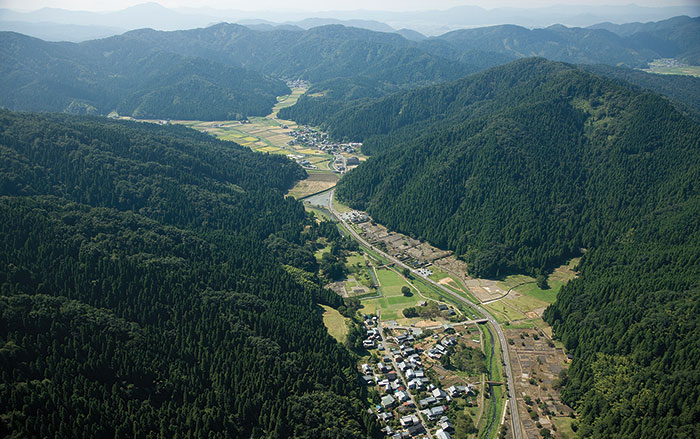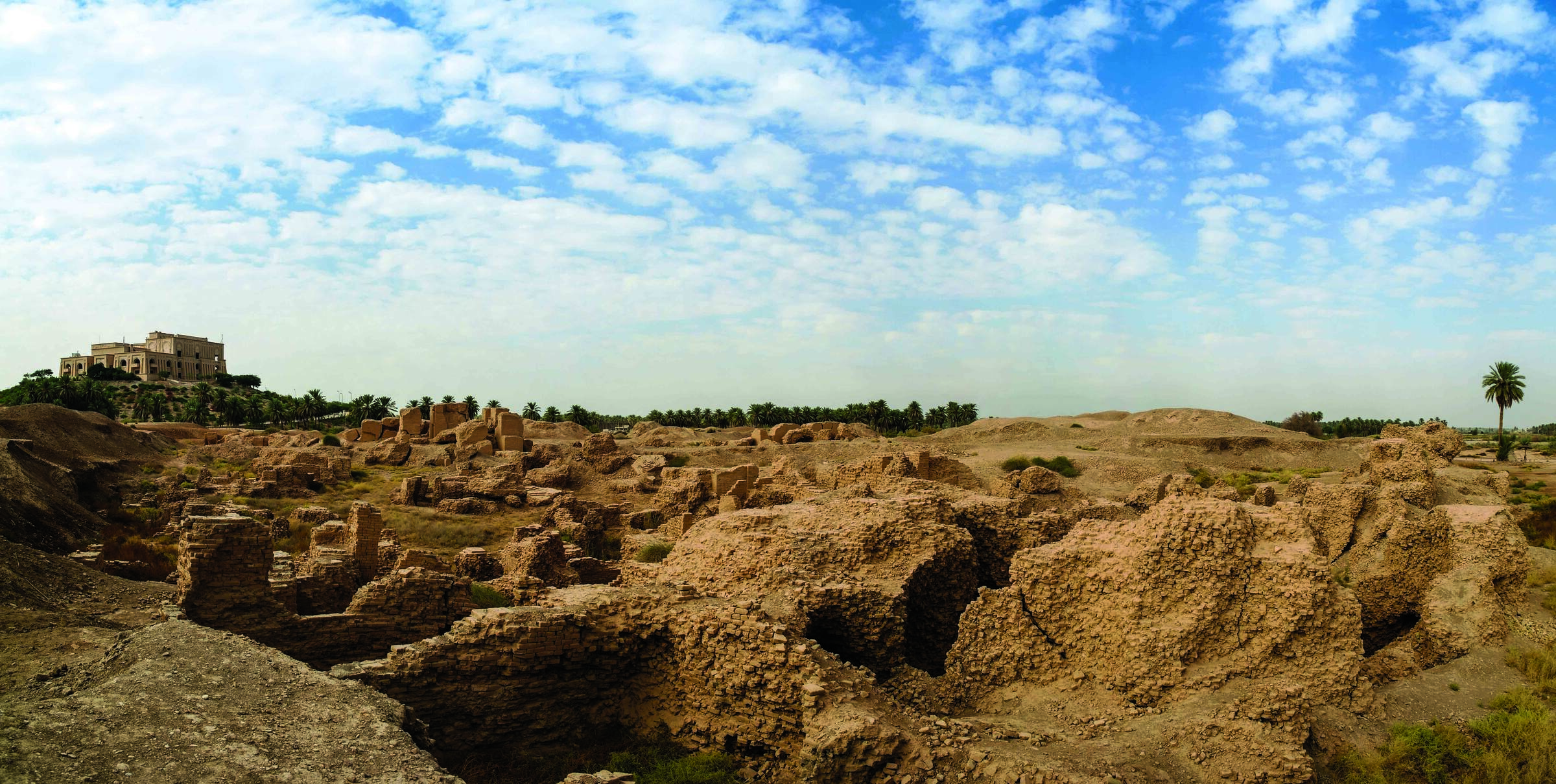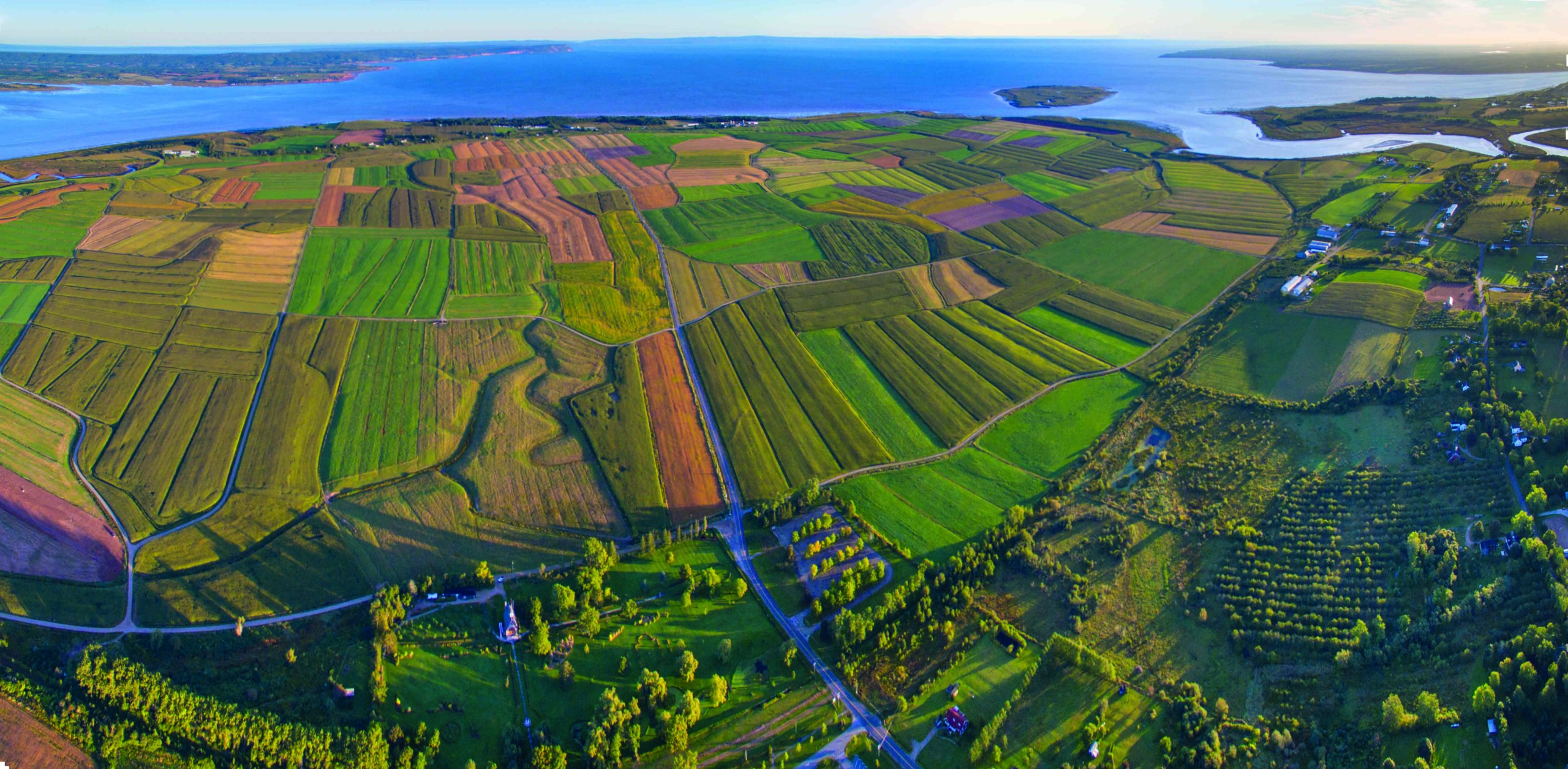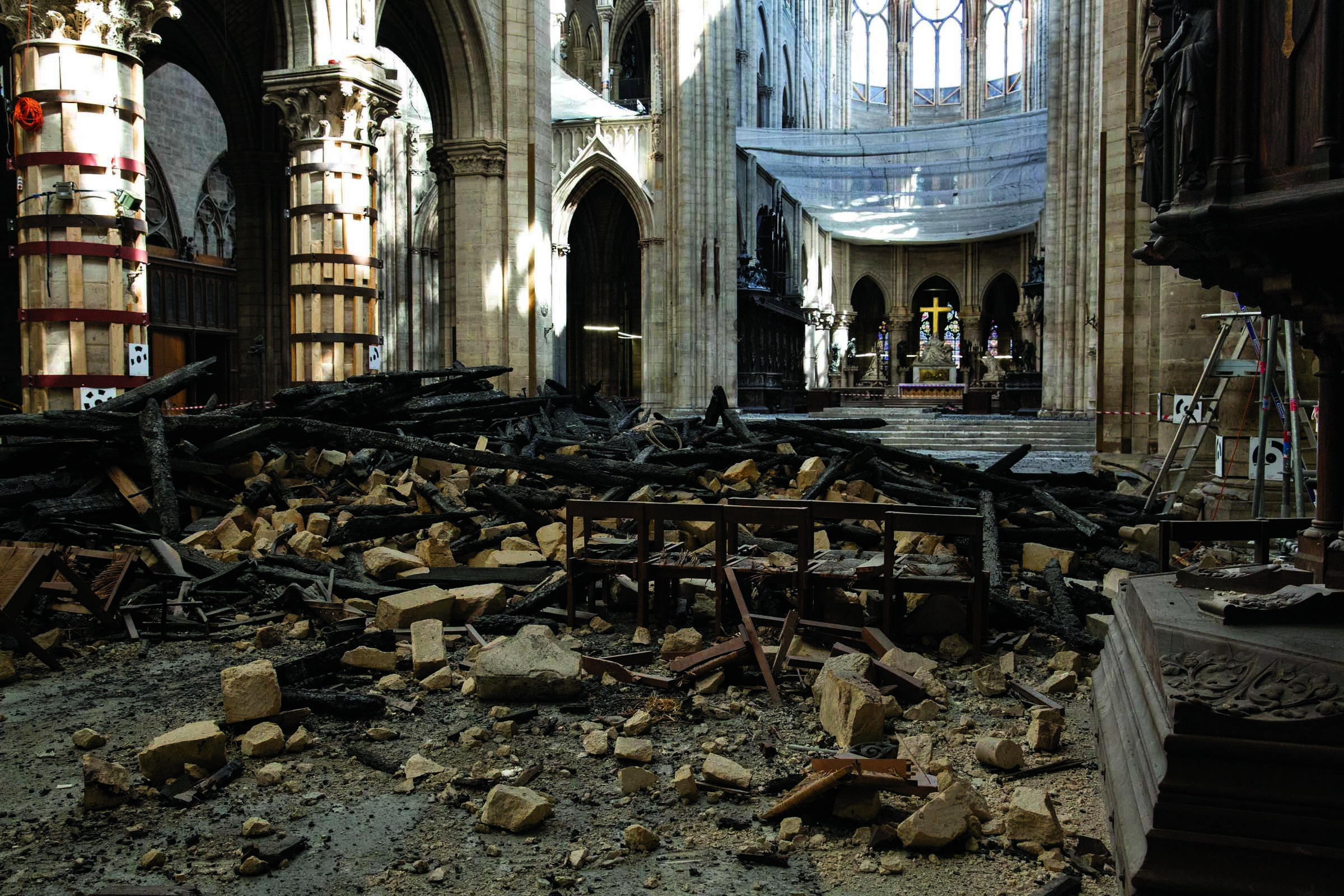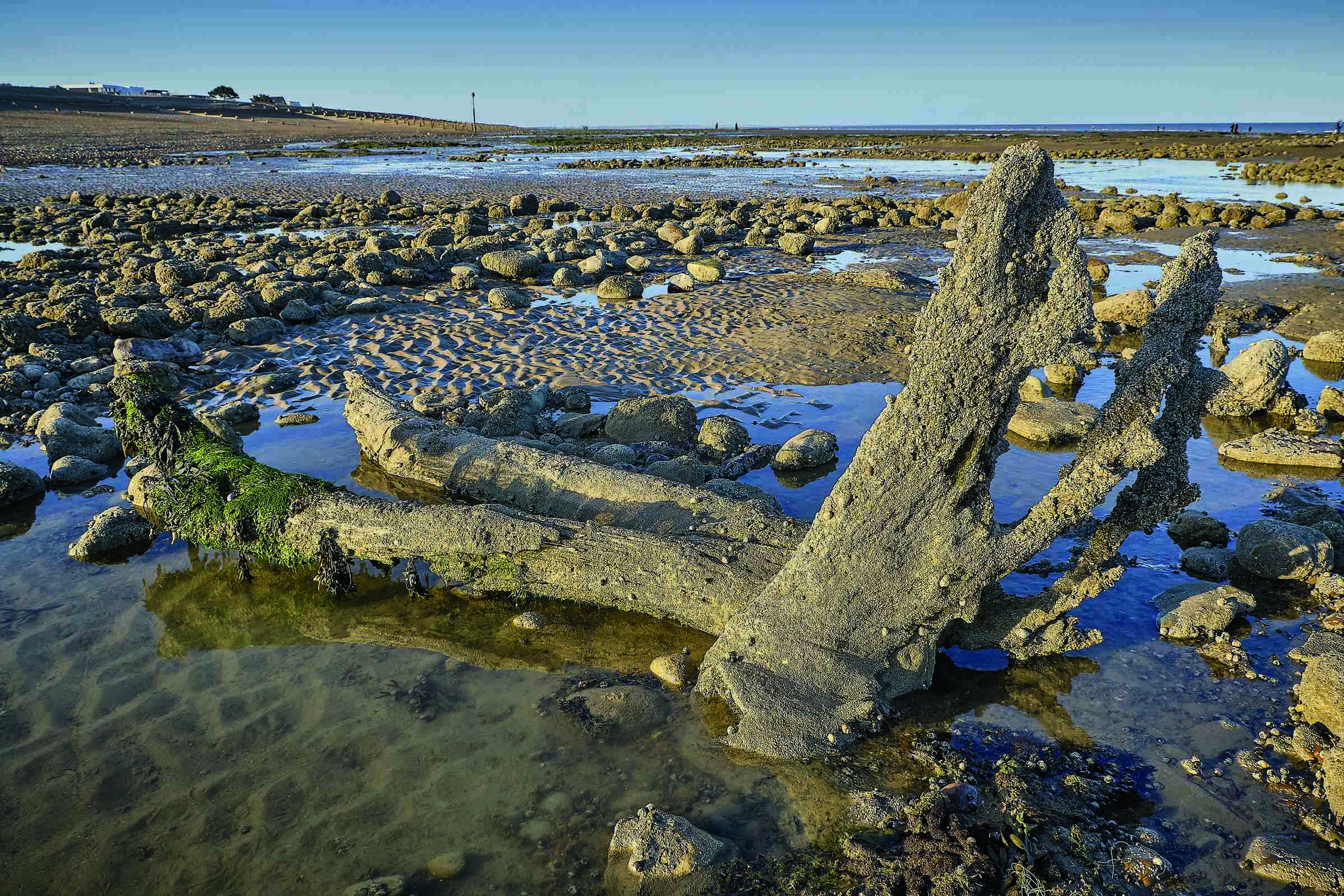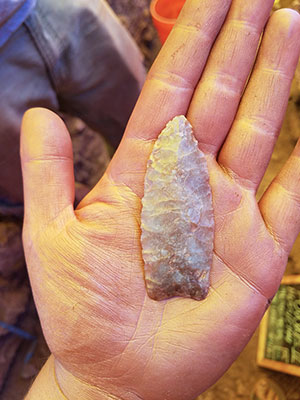
LARAMIE, WYOMING—According to a statement released by the University of Wyoming, excavations led by Wyoming's state archaeologist and researchers from the University of Wyoming have uncovered evidence of an ancient mine dated to around 13,000 years ago, where Paleoindians extracted hematite, an iron oxide from which they produced red ochre. The team uncovered thousands of artifacts associated with the mine and possible settlements nearby, including shell beads, quarrying tools made from antlers, and Clovis points, or stone projectile tips thought to have been made by some of the earliest inhabitants of the Americas. Researchers believe the mine is possibly the oldest of any kind yet uncovered in the Western Hemisphere. Red ochre is thought to have been used in a number of ways in Paleoindian, Archaic-period, and Woodland-period Native American societies, serving as pigment for body paint during rituals and for decorating burials. The Wyoming mine, known as the Powars II site, is the only red ochre quarry so far documented in the North American archaeological record north of southern Mexico, and only one of five quarries to have been identified in all of the Americas. To read more about how Paleoindians mined the earth for precious resources, go to "Off the Grid: Alibates Flint Quarries National Monument, Texas."


